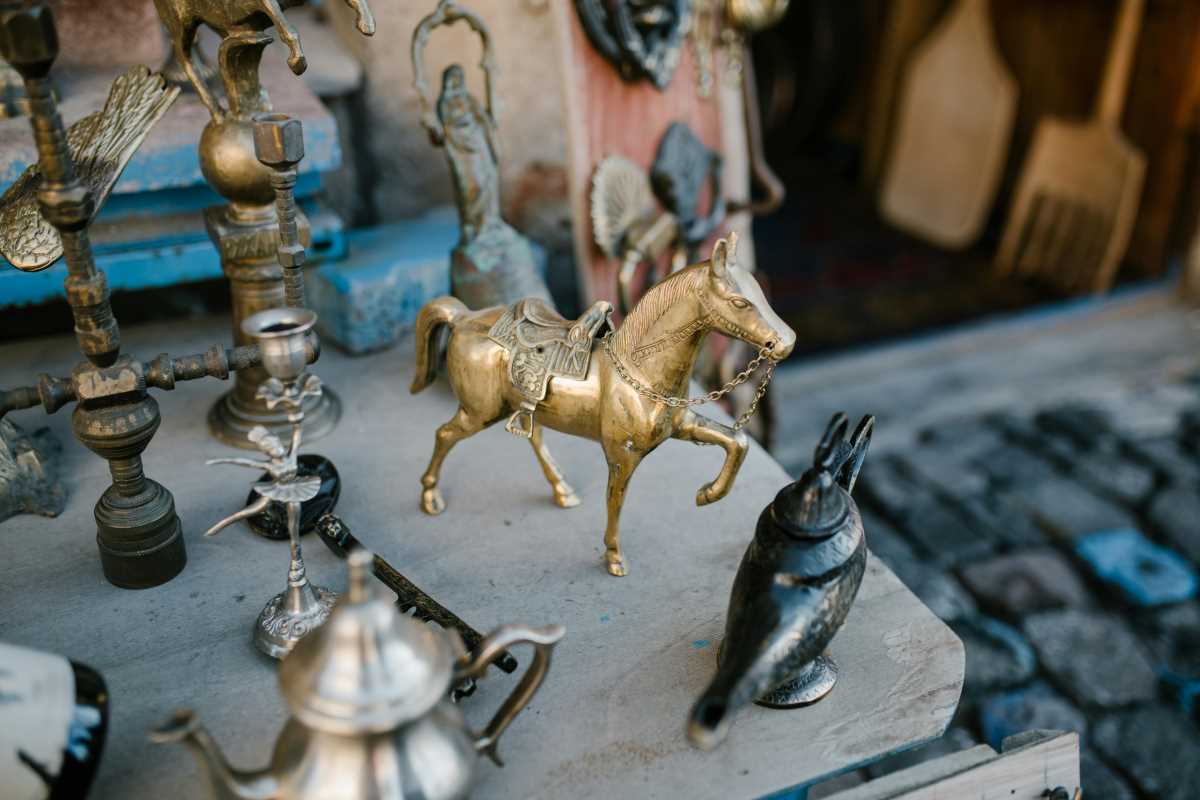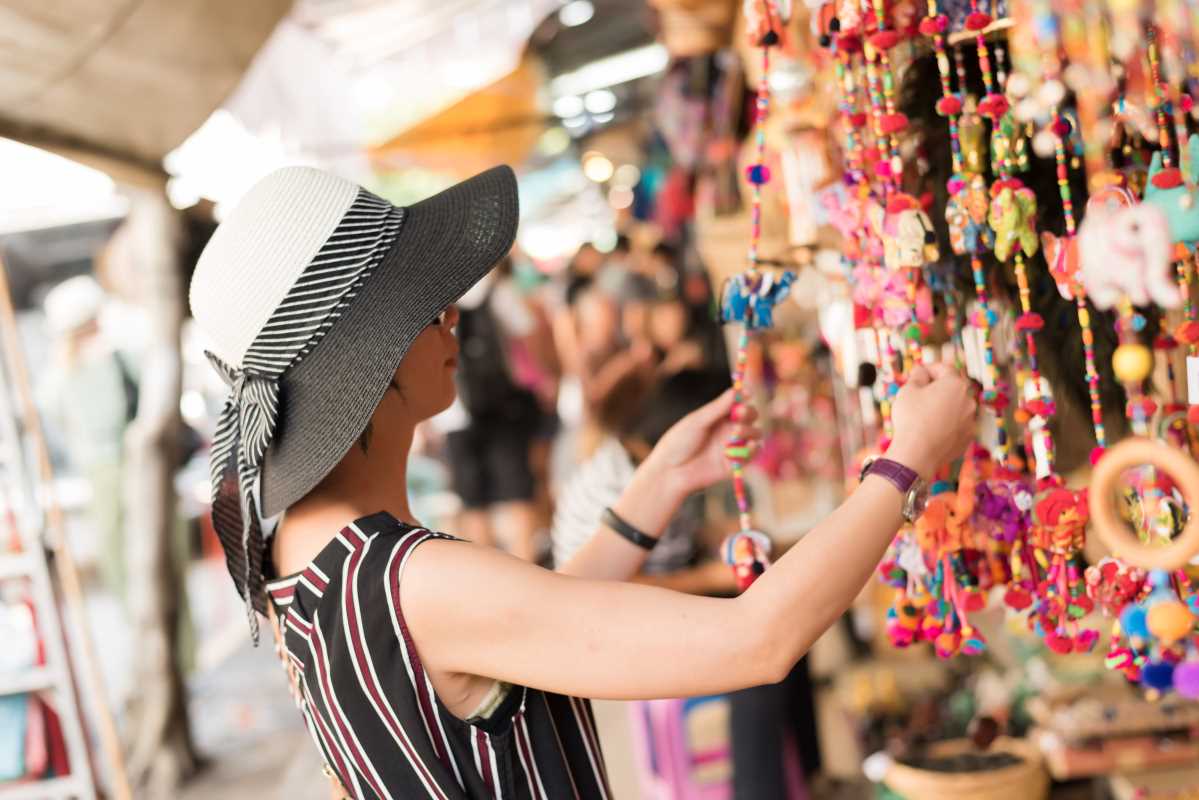Exploring new destinations opens doors to vibrant traditions and the fascinating stories of those who create handmade treasures. When you select a one-of-a-kind souvenir, you do more than preserve your favorite memories—you play a part in sustaining local craftsmanship. Every time you purchase an item made by regional artisans, you help keep their skills alive and contribute directly to their well-being. An ethically chosen keepsake adds a deeper meaning to your travel experience, reminding you of the people you met and the culture you encountered, while supporting communities that rely on their artistry for a livelihood.
When you take the time to select items that are made with care and tradition in mind, you help preserve cultural heritage and give a real boost to communities that rely on these crafts. By learning how to identify ethical souvenirs, you ensure that your travel mementos hold meaning and truth.
Understand What Makes a Souvenir Ethical
Ethical souvenirs go beyond being a simple keepsake. They represent art, culture, and a commitment to fair practices that help preserve traditional skills. Recognize what makes them different from mass-produced items to make choices that honor the creator’s efforts and support a sustainable livelihood.
Several criteria guide your evaluation of whether a souvenir is ethical. Consider the method, the origin, and the creator behind each item, and look for transparency in the production process. Below are some key points to help you decide:
- Fair compensation: The artisan should receive a fair income for their work.
- Authenticity: The item should reflect the cultural or regional traditions of its origin.
- Sustainable materials: Look for items crafted using eco-friendly resources or methods.
- Transparency: Information on how the product was made and who made it should be clear.
- Community-centric: Buying should benefit the local community rather than large-scale exporters.
Research Artisan Communities and Their Crafts
Before you buy that charming handicraft or piece of jewelry, take a moment to learn about the people and tradition behind it. Knowledge is your best tool, and uncovering the story of an artisan community adds depth to your purchase. Start by reading local articles, asking locals for recommendations, or simply engaging with stall owners at local markets.
Explore resources that explain the background of these crafts. For example, a quick search might lead you to guides on navigating local markets and fairs.
Five Practical Strategies for Picking Ethical Souvenirs
Choosing mindful items doesn't have to feel overwhelming. You can adopt clear, practical approaches to make sure that your purchases truly benefit both you and the artisans. Real-life examples and straightforward tips guide you through the process without second-guessing your decisions.
Use these five effective methods when browsing local markets or boutiques on your travels:
- Ask the Seller: Talk with the vendor about where the product comes from. Find out about the artisan’s background, the materials used, and the story behind the craft.
- Look for Authenticity Labels: Some items come with a certification or a tag that verifies their cultural heritage and production process. Watch for these details.
- Prioritize Handmade Goods: Items crafted by hand often have a unique story behind them. These products tend to be more sustainable and highlight local techniques passed down through generations.
- Seek Out Fair Trade Items: Fair trade certification indicates that the product meets high ethical standards, ensuring fair wages and safe working conditions for the artisans.
- Support Small Vendors: Focus on smaller, locally owned shops and markets to help keep more money within the community instead of going to larger, impersonal companies.
Questions to Ask Before Purchasing
A few thoughtful questions can reveal a lot about the value and ethics behind a souvenir. Before you hand over your money, think about what the item stands for and if it truly honors the artisan behind its creation. Asking the right questions clarifies the story behind the craft and makes your purchase more meaningful.
Consider these questions when evaluating an item:
What materials did the artisan use? How does this purchase support the local community? Is there any documentation or background information on the artisan’s work? What steps did the vendor take to ensure ethical production? These questions help you determine whether your purchase aligns with your values and benefits the community.
Supporting Local vs. Mass-Produced Goods
Choosing between local, handcrafted items and their mass-produced counterparts can be tricky, but the differences are clear. When you favor local crafts, you invest in a culture and a sustainable economic model that respects tradition and creativity. Mass-produced goods often lack the personal touch and cultural significance that come from an artisan’s dedication.
Here’s a quick comparison of what you gain with local goods versus mass-produced items:
- Quality and Uniqueness: Local crafts typically boast higher quality and a unique story that mass-produced items rarely have.
- Economic Impact: Buying local helps keep money within the community, providing vital support to small-scale producers.
- Cultural Preservation: Handcrafted items often carry cultural stories and techniques, helping preserve traditions for future generations.
- Environmental Considerations: Local production generally uses sustainable practices, reducing transportation and waste.
- Direct Impact: When you purchase a handmade item, you directly support the artisan’s family and community instead of contributing to distant corporations’ profits.
Let your travels honor art, history, and the people who keep local traditions alive. Each purchase supports positive change in the global creative community.
 (Image via
(Image via





